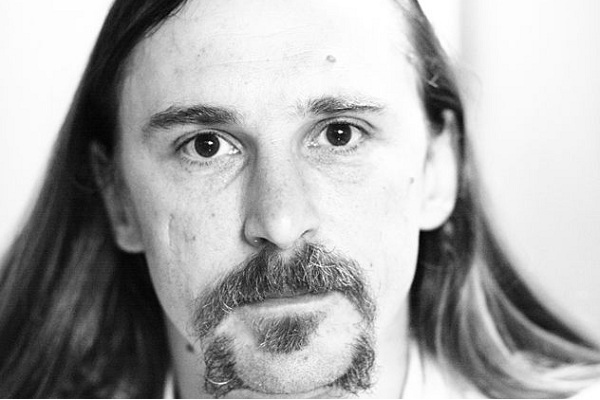It wasn’t until I encountered Brandon Harris that I really understood Wikipedia.
You may think it’s a fact catalog. Or that it’s a beneficial byproduct of a bunch of dudes in their basement writing articles as a coping mechanism for loneliness. Or maybe you think it’s just a big conspiratorial pyramid scheme. It is none of these.
